|
“It Is Not What Happens To You, But How You React to What Happens” Epictetus, Greek Stoic philosopher. “The Only Moment In Which You Can Truly Be Alive is the Present Moment” Thich Nat Hanh, Vietnamese Thiền Buddhist monk. “The Things We Love Are Like the Leaves on a Tree: They Can Fall at Any Moment with the Gust of Wind” Marcus Aurelius, Roman emperor from 161 to 180 and a Stoic philosopher. To me it says a lot that these wise words have been around for a long time. They have been changed to reflect the present time. I read how they surface as if they are revelations - something new. They are new to the new generations who are learning now which is the beauty of these wise words. New books surface with the same information and will continue to do so. The underlying wisdom and advice for life, will remain the same. How it is quoted changes to adapt with the times but not the meaning. by Suzie Doscher, Executive Coaching focusing on Personal Development Photo credit: Pexels The best place to start with this topic is by understanding what you can gain from letting go of the past.
We tend to focus on what might be lost and frequently overlook what the benefits of taking this step are. Try to imagine a life already free of images and thoughts from the past inhibiting you in the present. Imagine how it would feel if you maintained positive memories, ones that energized you rather than ones that drained you. Carrying negative aspects of the past with you prevents you from feeling and knowing what the present has to offer. Sometimes you may be so entangled in old problems that you cannot see the changes that are necessary to make your life better. For this you will need to “clear out the deadwood” and make space for the new, that is: your life now. You know that the past is the past; nevertheless you are still caught up in it through strong emotions. Intellectually you understand what is going on but somehow your emotions do not. Some thoughts to motivate you to move on: Good Reasons to Master the Art of Living in the “Now”, Being in the Moment / Going with the Flow23/4/2024
The message is not new yet being in the present, living in the 'now' is not easy to master when life is difficult. It seems odd that we do not just naturally live in the Now. After all, almost everyone would agree that the present moment, the Now, is all we have. The fact remains that most people do not live in the present moment and have to learn how to do so. Here are a few of the reasons I continue to master living in the moment:
By mastering the art of living in the moment, you are taking good care and being very kind to yourself. That alone should make it worth the effort. Remember: “Do not encumber your mind with useless thoughts. What good does it do to brood on the past or anticipate the future? Remain in the simplicity of the present moment”. By Suzie Doscher, Professional Executive Coach focusing on Personal Development, Native English Speaking, 18 years experience in the field of coaching. Photo credit: Pexels The message is not new yet being in the present, living in the 'now' is not easy to master when life is difficult. For support contact me
Self-awareness involves understanding your personality, behaviours and behaviour patterns. It is all about getting to know yourself and what makes you who you are.
Raising your self-awareness starts with self-reflection and observing your behaviour and reactions. Self-reflection can be a powerful tool on its own. Time spent exploring this is time well worth spent. Raising your self-awareness can involve observing yourself for ca 2 weeks. Make notes of what you witness:
More Personal Development Tips
|
Suzie Doscher is a Professional Executive Coach focusing on Personal Development. Located in Zurich, Switzerland. Her approach to personal development is practical and successful.
Suzie is happiest when helping people. Her vision is everyone should have access to techniques for personal growth and development. This was the motivation behind her book. Author |


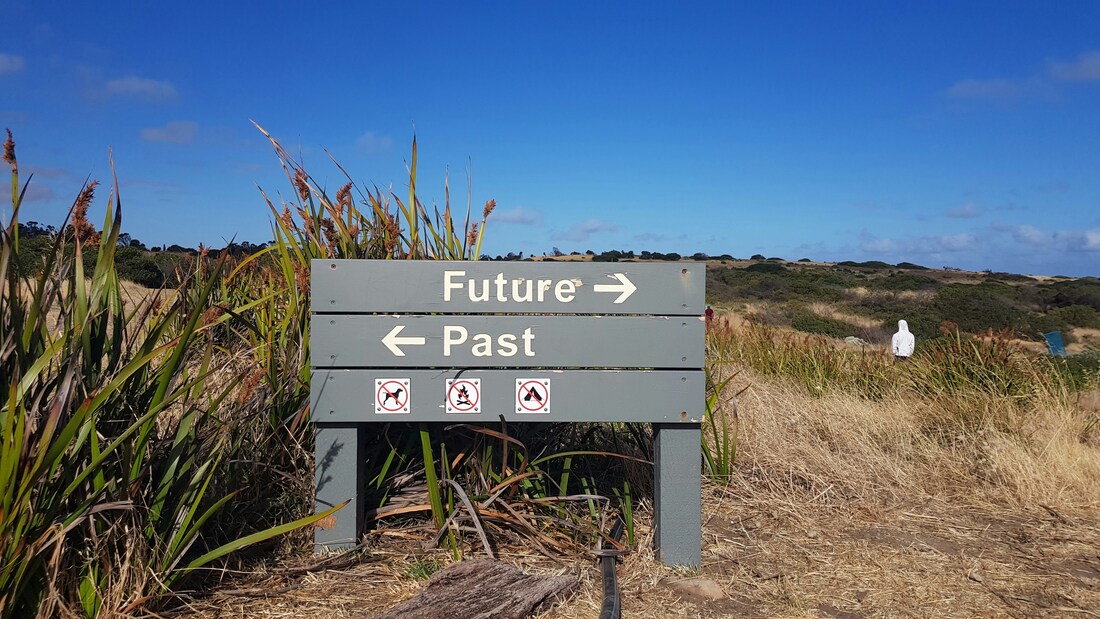
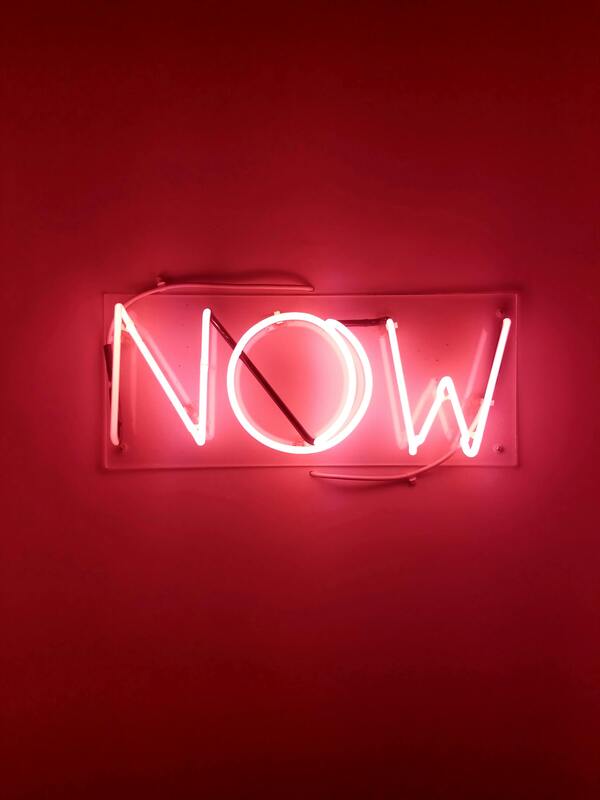











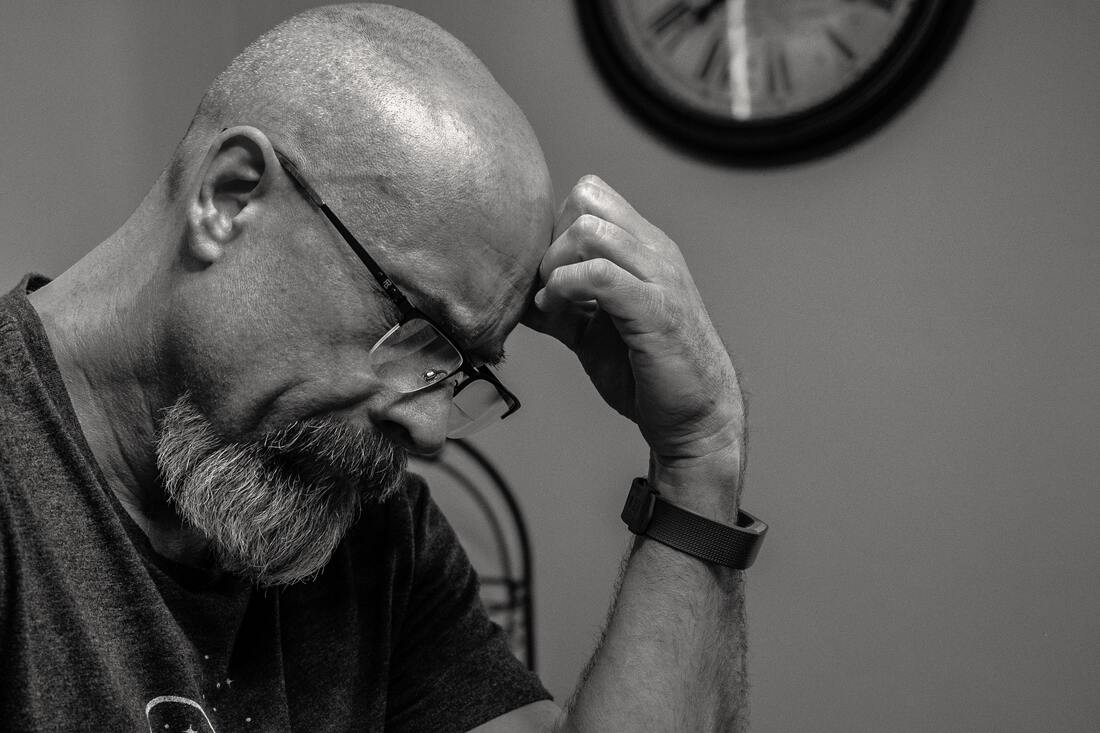
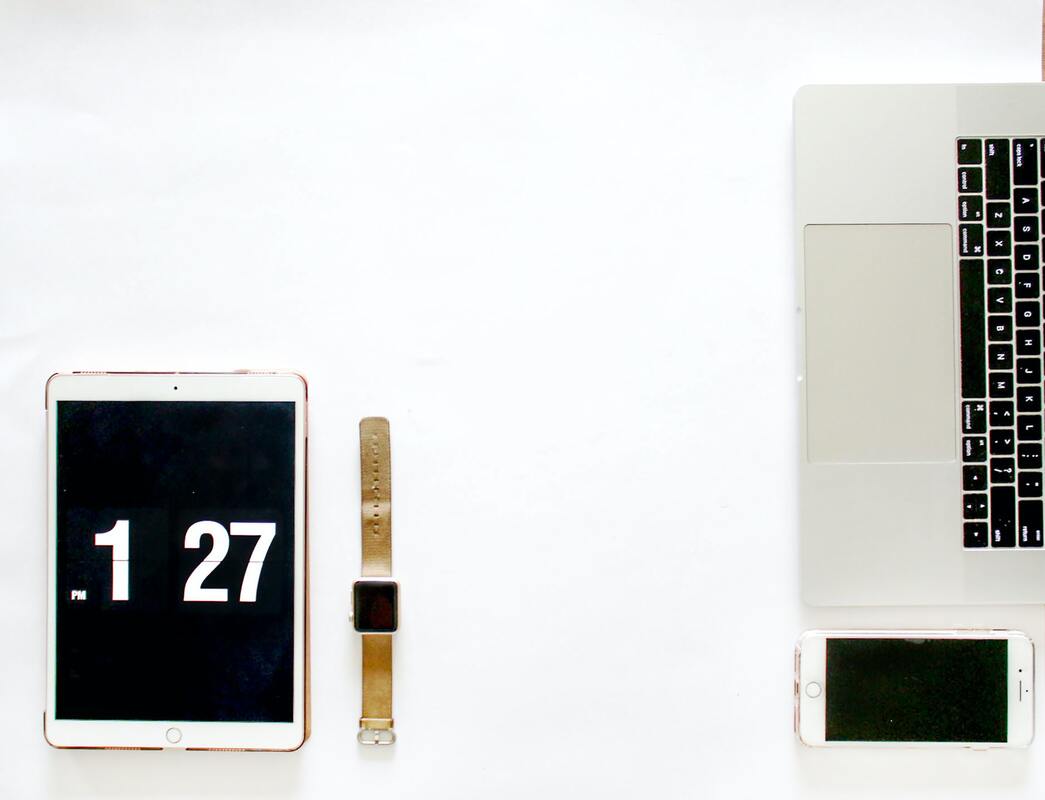


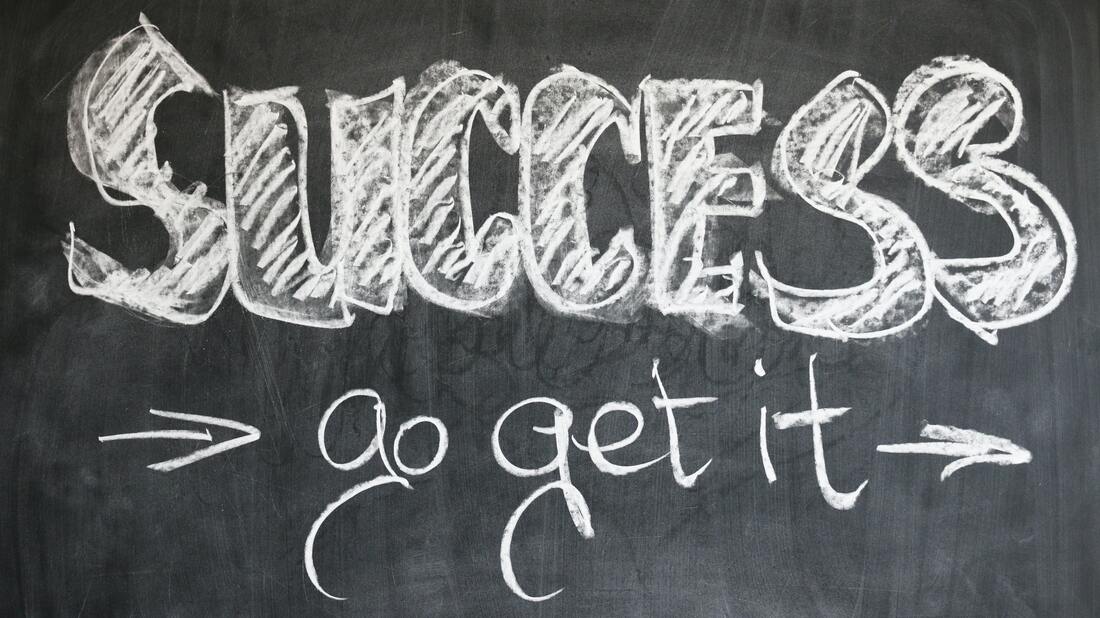

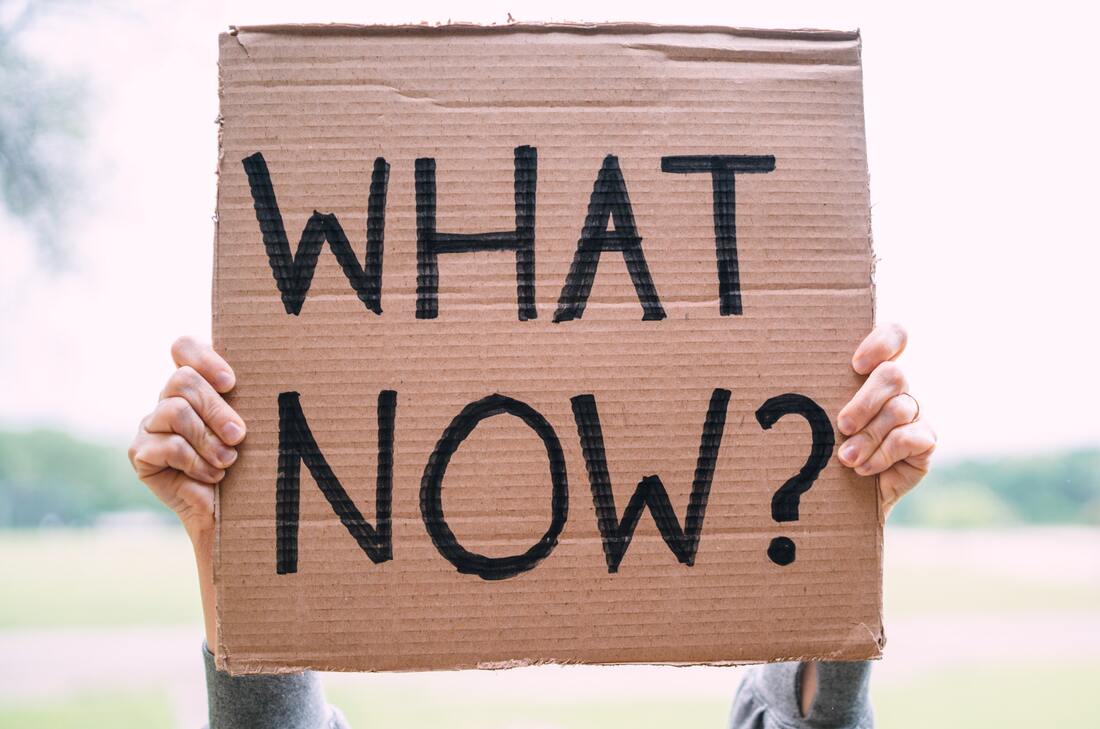



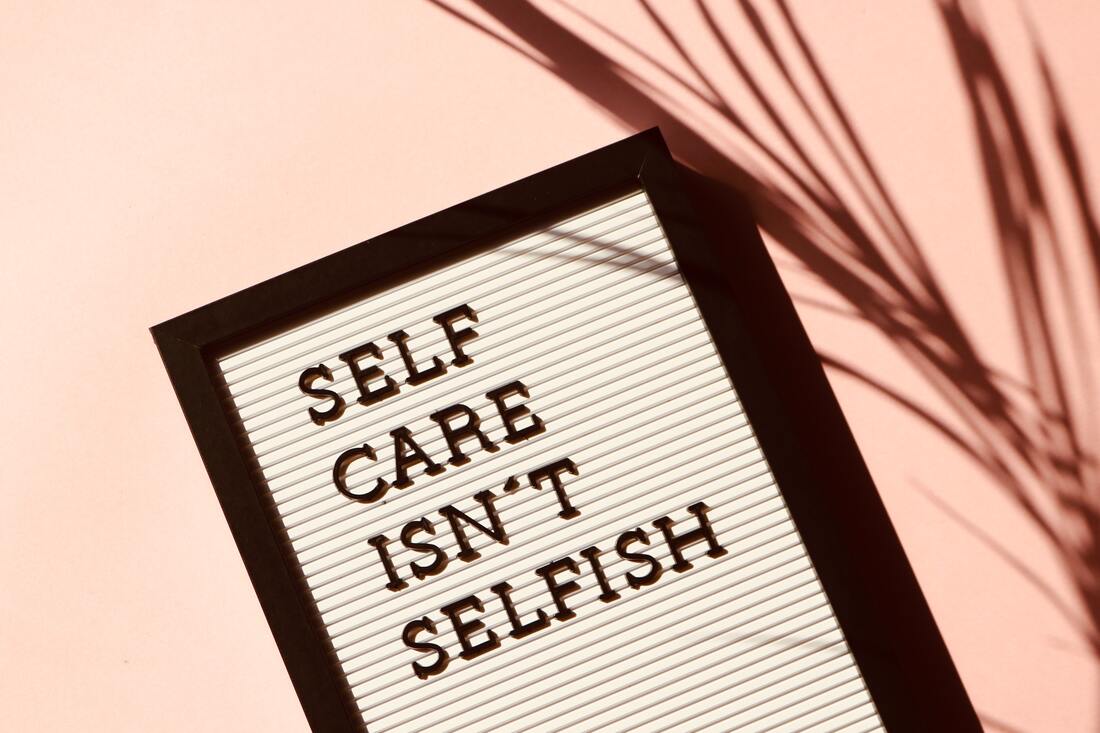
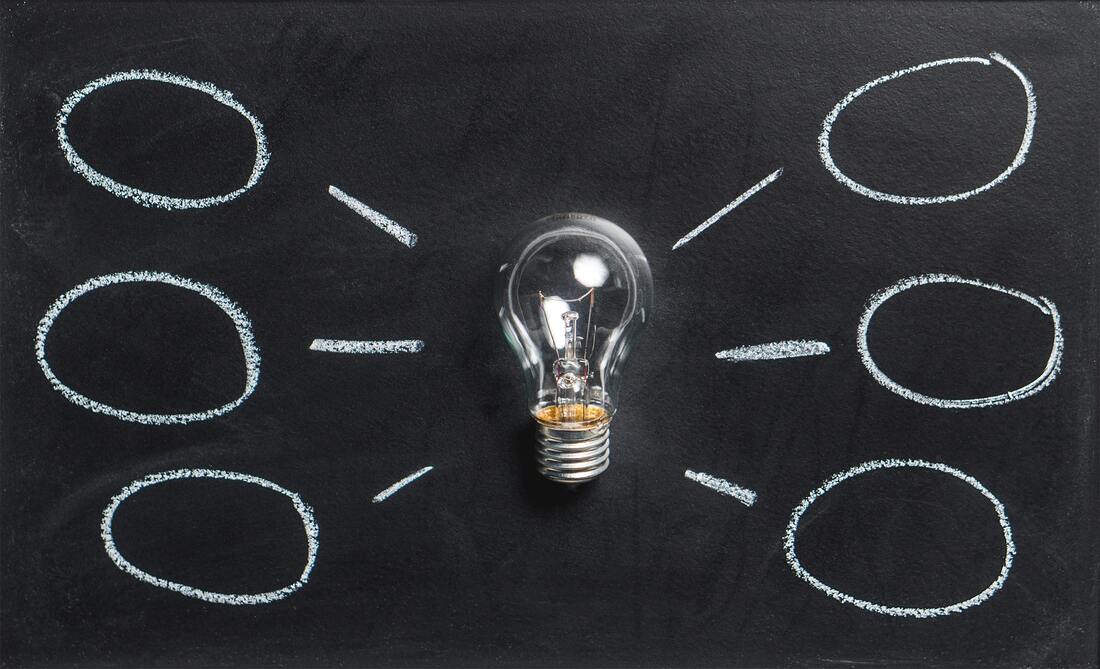
 RSS Feed
RSS Feed

